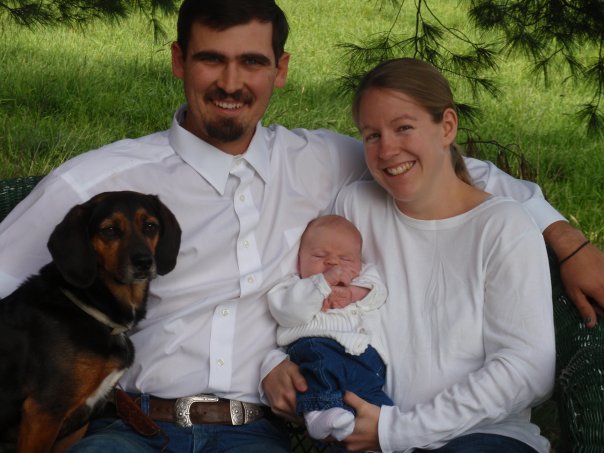Surely He took up our infirmities and carried our sorrows,
yet we considered Him stricken by God,
smitten by Him, and afflicted.
But He was pierced for our transgressions,
He was crushed for our iniquities;
the punishment that brought us peace was upon Him,
and by His wounds we are healed.
We all, like sheep, have gone astray,
each of us has turned to his own way;
and the Lord has laid on Him the iniquity of us all.”
(1 John 3:1; Isaiah 53:4-6)
“Scorn has broken my heart and has left me helpless;
I looked for sympathy, but there was none,
for comforters, but I found none.”
(Psalm 69:20)
“Then they spit in his face and struck him with their fists.
Others slapped him and said, ‘Prophesy to us, Christ. Who hit you?’
They spit on him, and took the staff and struck him on the head again and again…
then they led him away to crucify him.”
(Matthew 26:67, 68; 27:30,31)
“He was oppressed and afflicted, yet he did not open his mouth;
he was led like a lamb to the slaughter,
and as a sheep before her shearers is silent,
so he did not open his mouth.
By oppression and judgment he was taken away.
And who can speak of his descendants?
For he was cut off from the land of the living;
for the transgression of my people he was stricken.
He was assigned a grave with the wicked, with the rich in his death,
though he had done no violence, nor was any deceit in his mouth.”
(Isaiah 53:7-9)
“Is it nothing to you, all you who pass by? Look around and see.
Is any suffering like my suffering that was inflicted on me,
that the Lord brought on me in the day of his fierce anger?”
(Lamentations 1:12)
“I am poured out like water, and all my bones are out of joint…
My strength is dried up like a potsherd,
and my tongue sticks to the roof of my mouth;
you lay me in the dust of death.
I can count all my bones; people stare and gloat over me.
They divide my garments among them and cast lots for my clothing.”
(Psalm 22:14-15, 17-18)
“They put gall in my food and gave me vinegar for my thirst.”
(Psalm 69:21)
“There they offered Jesus wine to drink, mixed with gall;
but after tasting it, he refused to drink it.
When they had crucified him, they divided up his clothes by casting lots.”
(Matthew 27:34-35)
“All who see me mock me; they hurl insults, shaking their heads:
‘He trusts in the Lord; let the Lord rescue him.
Let him deliver him, since he delights in him.’
(Psalm 22:7-8)
“Those who passed by hurled insults at him, shaking their heads…
In the same way the chief priests,
the teachers of the law and the elders mocked him.
“He saved others, but he can’t save himself!
…He trusts in God. Let God rescue him now if he wants him, for he said,
‘I am the Son of God.’”
(Matthew 27:39, 41-43)
“My God, my God, why have you forsaken me?
Why are you so far from saving me,
so far from the words of my groaning?
O my God, I cry out by day, but you do not answer,
by night, and am not silent.”
(Psalm 22:1)
“About the ninth hour Jesus cried out in a loud voice,
“Eloi, eloi, lama sabacthani?
– which means, “My God, my God, why have you forsaken me?
And when Jesus had cried out again in a loud voice,
he gave up his spirit.”
(Matthew 27:46, 50)
“Behold, the Lamb of God, who takes away the sin of the world!”
(John 1:29)

